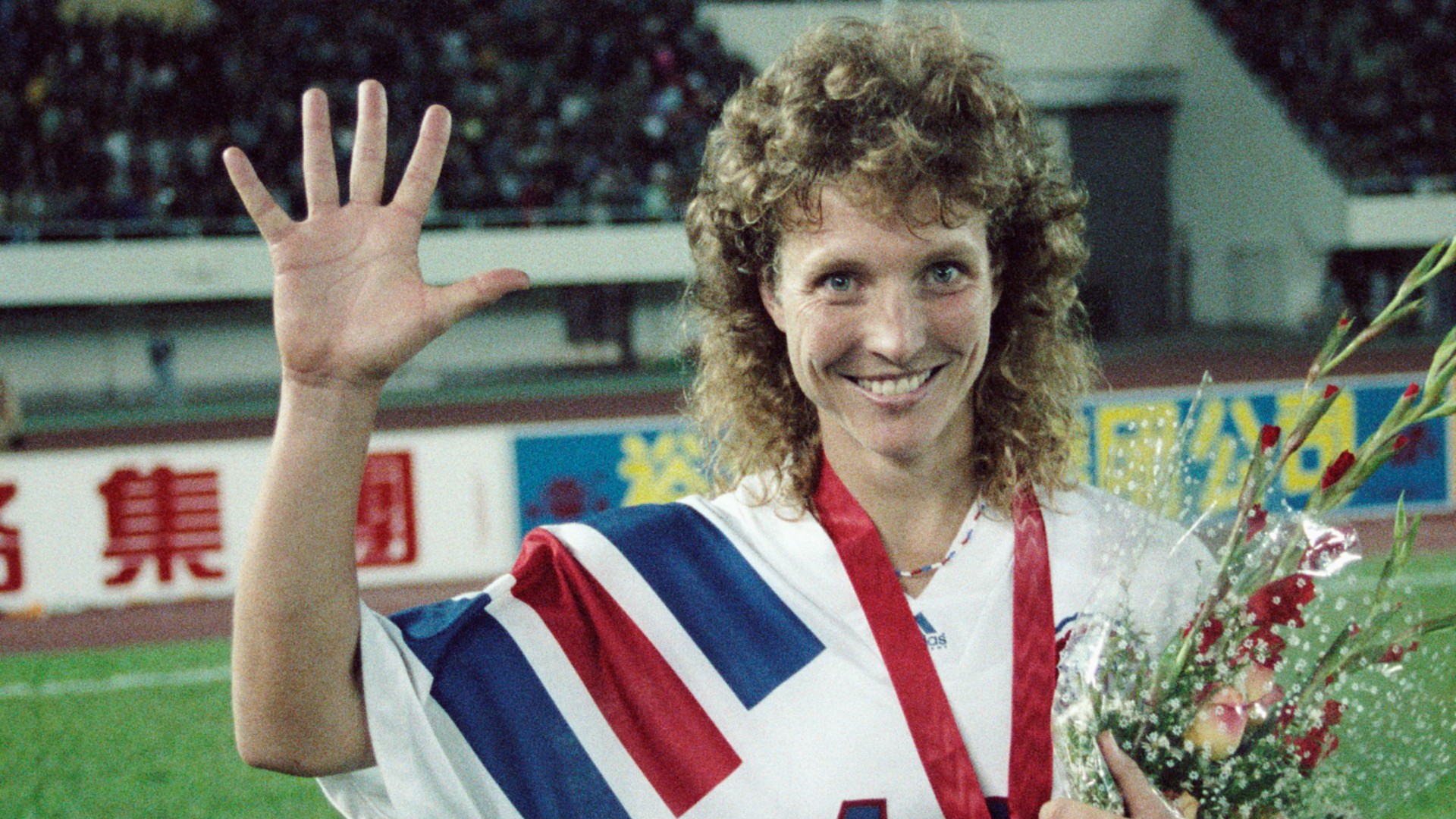
Publicly criticizing broadcasters for offering too little to screen the Women’s World Cup has not worked out yet for FIFA president Gianni Infantino, who is now threatening a blackout in major European markets.
A public standoff that started last October was intensified by Infantino late Monday when he warned five key countries – England, France, Germany, Italy, Spain – in a statement less than three months before the tournament starts in Australia and New Zealand.
“To be very clear, it is our moral and legal obligation not to undersell the FIFA Women’s World Cup,” Infantino said of the July 20-Aug. 20 tournament.
“Therefore, should the offers continue not to be fair (towards women and women’s football), we will be forced not to broadcast the FIFA Women’s World Cup into the ‘Big 5’ European countries,” he said.
Europe is FIFA's most lucrative broadcast market with $1.06 billion in broadcast revenue for the 2019-22 commercial cycle, mostly tied to the men's World Cup in Qatar.
Get Tri-state area news delivered to your inbox.> Sign up for NBC New York's News Headlines newsletter.
FIFA reported total financial reserves close to $4 billion at the end of 2022 with $3.43 billion in broadcast revenue from total income of $7.57 billion in the past four years.
Infantino first aired the Women's World Cup broadcasting issue seven months ago, when in Auckland for the official draw for the 32-team tournament. He said then that offers as low as 1% of the equivalent TV rights price paid for the men’s World Cup were “not acceptable.”
In March, for world soccer’s annual meeting held in Rwanda, Infantino reported no progress with TV broadcasters while also announcing a more than three-fold increase in team prize money to $110 million for the tournament.
Infantino has been clearly rankled that player-led criticism of FIFA for not offering equal prize money is amplified by media he believes is undervaluing women’s soccer. The Women's World Cup has standalone broadcast and sponsor deals rather than being bundled with the men’s tournament.
The FIFA leader suggested on Monday “public broadcasters in particular have a duty to promote and invest in women’s sport.”
“Women deserve it! As simple as that!” he said.
This Women’s World Cup is far from an ideal time zone for European broadcasters. Daytime games in Australia and New Zealand play in the early hours of the morning in Europe, though Infantino said that was not an excuse.
Acknowledging it was not primetime in Europe, Infantino noted the European kickoff times of 9 a.m. or 10 a.m. "is quite a reasonable time” for viewers.
“It doesn’t make any economic sense because the viewing figures are there," he said.
One option for soccer's governing body if broadcast deals cannot be reached in Europe is to stream games exclusively on its online platform, FIFA+.
Many European countries are already assured of seeing most or all of the 64-game tournament on free-to-air channels.
The European Broadcasting Union announced a collective 28-nation deal with FIFA in October that covers Austria, Belgium, Hungary, Ireland, Switzerland and Turkey. The value was not disclosed.
FIFA's new policy of separate deals for the women's tournament previously made headlines this year when soccer and public officials in Australia and New Zealand objected to planned sponsorship by the Saudi Arabia tourism board. The “Visit Saudi” campaign previously paid FIFA to support the men's World Cup in Qatar.
Infantino said in Rwanda the talks had not proceeded to a contract, and suggested critics of the projected deal had a double standard given the value of Australia's annual trade with Saudi Arabia.



